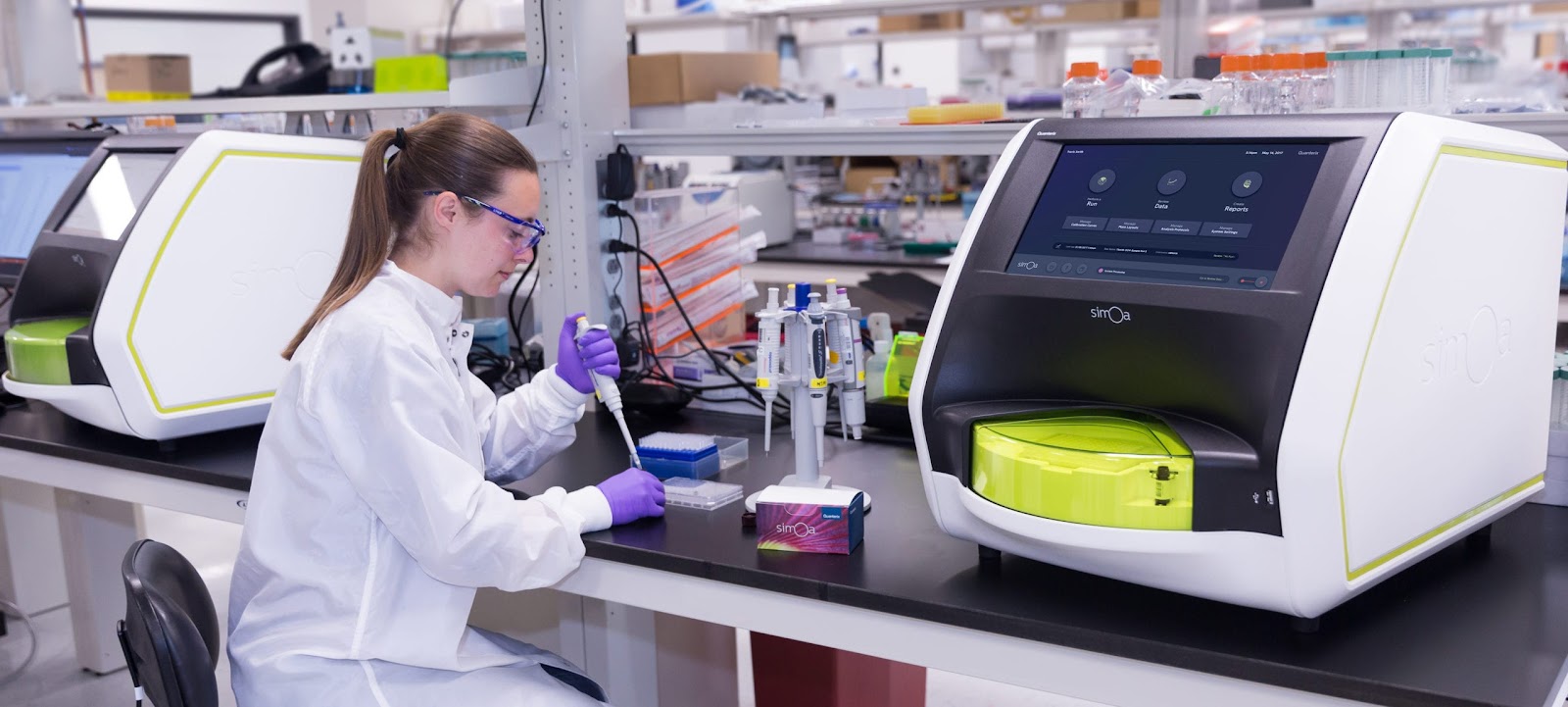Biomarker Discovery and Diagnostics: Transforming Healthcare Through Precision
Biomarker discovery and diagnostics form the backbone of personalized medicine, enabling earlier disease detection, precise monitoring, and tailored treatment strategies. By identifying biological markers—measurable indicators of normal or pathological processes—this field empowers clinicians to move from generalized care to precision healthcare. The global biomarker market is projected to grow at a Compound Annual Growth Rate (CAGR) of 12.2%, reaching an estimated $145 billion by 2030.
Why Biomarker Discovery and Diagnostics?
Traditional diagnostic methods often rely on symptom-based detection, which can delay intervention until diseases are advanced. Biomarkers, however, allow for early detection and more accurate diagnosis. They serve as crucial tools for understanding the underlying mechanisms of diseases, identifying high-risk individuals, and monitoring therapeutic responses.
For example, biomarkers like PSA (prostate-specific antigen) in prostate cancer and troponin levels in heart attacks have transformed the standard of care in their respective fields. Today, emerging biomarkers are extending this impact to complex diseases such as Alzheimer’s, diabetes, and autoimmune disorders.

Who Is Making Noise in the Industry?
Epic Sciences specializes in liquid biopsy solutions for oncology, focusing on circulating tumor cells (CTCs). Their proprietary platform identifies and characterizes biomarkers in blood samples, providing insights for personalized cancer treatments. “Our goal is to make precision medicine accessible to every cancer patient, enabling real-time monitoring and adaptive therapies,” says CEO Lloyd Sanders.
Biodesix focuses on lung cancer diagnostics, leveraging proteomic and genomic biomarkers to guide therapeutic decisions. Their VeriStrat® test analyzes circulating proteins to predict treatment responses in non-small cell lung cancer (NSCLC). “We believe biomarkers hold the power to unlock better outcomes for patients and reduce healthcare costs,” says CEO Scott Hutton.
Quanterix’s ultra-sensitive biomarker detection technology is revolutionizing diagnostics for oncology, neurology, and infectious diseases. Their Simoa® platform detects minute concentrations of biomarkers, enabling earlier disease detection. CEO Kevin Hrusovsky states, “We’re enabling a new era of precision health by making biomarkers more actionable.”

Quanterix’ SR-X™ Biomarker Detection System
What’s Coming Next?
The future of biomarker discovery and diagnostics is poised for transformative advancements, driven by innovations in technology and data science. Key trends include:
- Multi-Omics Integration
- Combining data from genomics, proteomics, metabolomics, and epigenomics will provide a more comprehensive view of disease biology. This holistic approach will enable the discovery of novel biomarkers and their applications in complex diseases.
- AI and Machine Learning
- AI-powered algorithms are already accelerating biomarker discovery by analyzing vast datasets to identify subtle patterns. As computational methods improve, we can expect more accurate and personalized diagnostics.
- Non-Invasive Diagnostics
- Liquid biopsies and other non-invasive techniques are becoming increasingly reliable, reducing the need for painful and invasive procedures. These innovations will expand the accessibility of early diagnostic tools.
- Personalized Monitoring
- Advances in wearable devices and real-time biomarker tracking will enable continuous monitoring of patient health, providing early warnings and optimizing treatment plans.
- Regulatory Progress
- The FDA and other regulatory bodies are creating frameworks to fast-track the approval of biomarker-based diagnostics, which will accelerate market adoption.
Challenges and Opportunities
While the promise of biomarker discovery is immense, challenges like data privacy, high development costs, and the need for robust clinical validation remain. However, as startups continue to innovate and collaborate with healthcare providers, these barriers are gradually being overcome.
Biomarkers are not just transforming diagnostics—they are redefining healthcare as a whole. By focusing on startups that are driving this innovation, we can glimpse a future where diseases are detected earlier, treatments are more effective, and outcomes are dramatically improved.
—————————————–
If you are a builder, investor or researcher in the space and would like to have a chat – please reach out to me at amit.k@thelotuscapital.com
